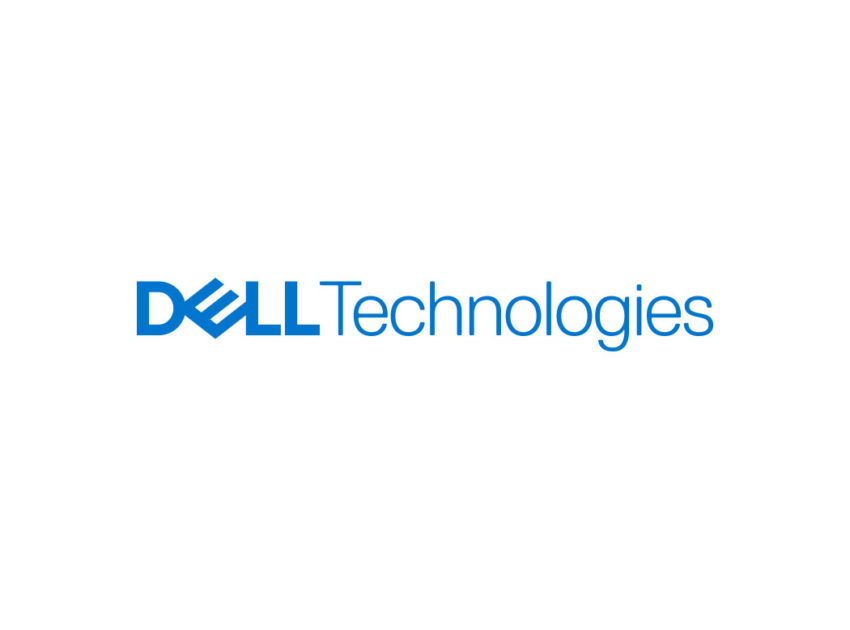Investing in HPC’s exascale future
The world’s data growth, predicted to reach 175 zetabytes by 2025, up from 44 zetabytes today1, challenges even the largest HPC systems. To adapt to significantly larger data sets and compute-intensive analytics processes, researchers are looking to exascale systems, capable of performing one quintillion (1018) calculations per second, which is five times faster than the world’s current most powerful supercomputer. Researchers expect this advanced performance to have profound impacts so they can discover more effective medications sooner, identify and react to pandemics faster, and warn of hazardous weather conditions before they happen.
Dell Technologies has collaborated with Intel and the University of Cambridge, which houses one of the United Kingdom’s top performing supercomputers, to launch the Open Exascale Lab. Dedicated to facilitating innovation and investigating emerging exascale technologies, the lab enables the world’s most advanced technology leaders and experts to collaborate on HPC’s next-generation systems. Dell EMC servers, networking and storage equipped with the latest Intel technologies power this environment.
Dell Technologies, the University of Cambridge and Intel have also collaborated on one of the world’s fastest open source HPC storage solutions that can speed time to discovery or insight by alleviating performance bottlenecks between compute and storage. The pre-tested and validated Dell EMC Ready Solutions for HPC – Data Accelerator (DAC) feeds data via NVMe drives to achieve the speeds required for high-performance applications and make the results available more quickly.
“For people who do analytics or machine learning and process lots of data, we are bringing together one system with high levels of compute and I/O,” said Dr. Paul Calleja, director of research computing, Cambridge University. “This allows both customization and security for the tenants. With all these things together, the Data Accelerator can be used to deliver data-centric research to new and emerging communities.”
The initial implementation of DAC on the university’s Cumulus supercomputer debuted as the world’s fastest HPC storage system on the June 2019 I/O-500 list. Nearly double the performance of the second-place entry, it provides approximately 500 terabytes of usable capacity on 24 DAC nodes.




